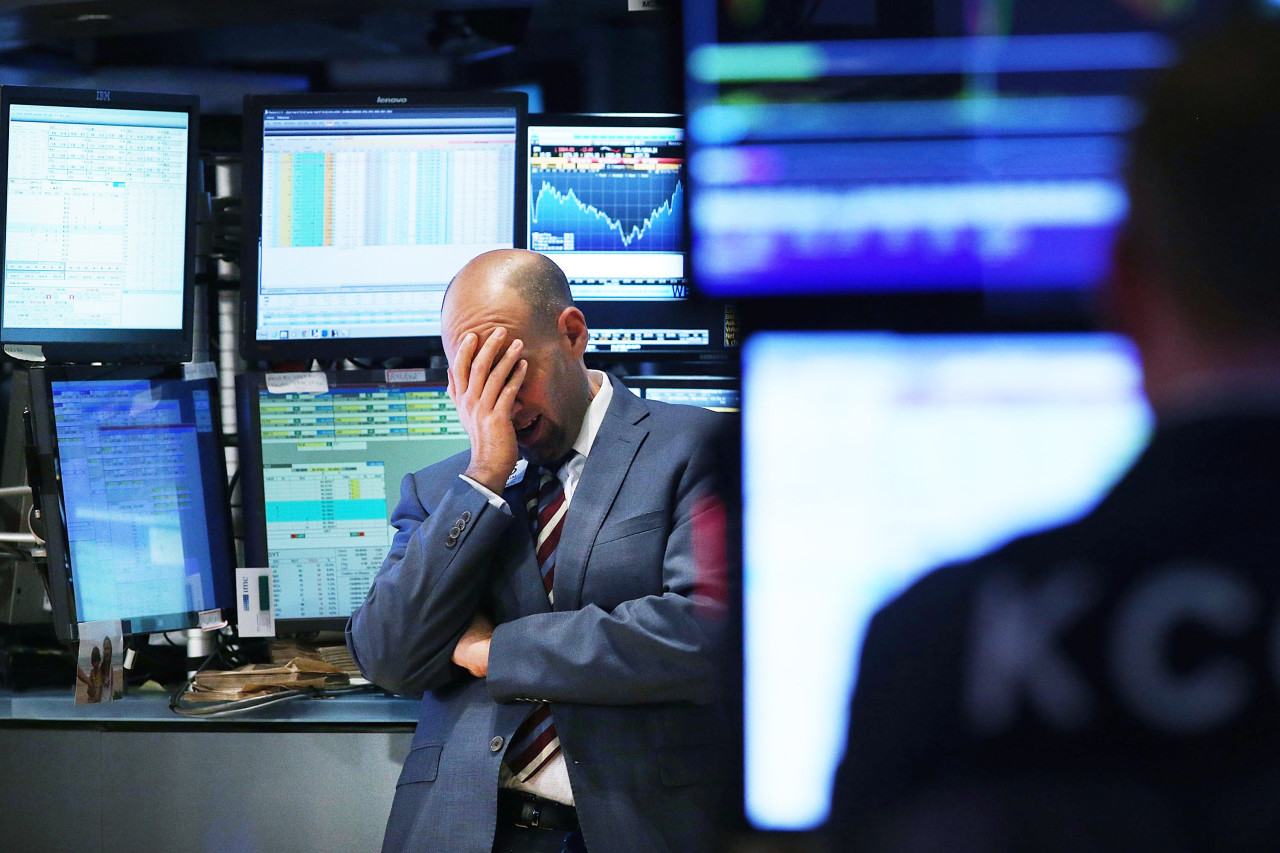Advertisement
Larry Summers: Worry About Deflation Not Inflation
Resume
European stock markets dropped sharply again today amid growing fear that economies in Asia and Europe are faltering.
Investors in this country are also flirting with a correction in stocks. At one point yesterday the Dow Jones Industrial Average dropped 458 points.
However, good news about the U.S. economy keeps trickling in. Unemployment claims dropped to their lowest level in 14 years.
To get some perspective on what’s going on, Here & Now's Jeremy Hobson sat down with Larry Summers, the former Treasury Secretary and former economic adviser to President Obama.
Interview Highlights: Larry Summers
On why the global market is faring poorly
"The news out of Europe has been continuously discouraging, the risks that the United States will remain in a somewhat deflationary situation look greater than they did two months ago. The news out of China is certainly not all the way to alarming, but it's certainly not highly encouraging."
"It feeds on itself: a lower and more volatile stock market creates a world with more uncertainty, which discourages investment, which it turn makes economic performance get worse."
On why the recovery since the financial crash has been so slow
"There's a systematic mistake that people make, which is they confuse stopping the financial hemorrhaging with making everything OK. And so people thought that when the financial hemorrhaging was stanched in the United States in 2009, that things were OK, and we could go back to budget cutting. And the consequences were that we have had a much slower recovery than we could have had."
"There's a lesson that we need to learn which is that it takes a long time to firmly reestablish recovery, and that you need a lot of energy and demand directed to that objective, and that's a mistake that keeps getting made around the world."
On the national debt and spending
"We saw yesterday that the deficit was 2.8 percent of GDP. And that is smaller relative to GDP than we've had on average over the last 40 years. That's a pretty good deficit figure.
"Are there issues for the long run? Yes there are. But we have had a massive excess of focus on financial debt, but I'm much more worried about the legacy we are leaving our children of inadequate infrastructure."
"I would just ask this question: if a time when the interest rate is 2 percent, and the construction unemployment rate in double digits, is not the time to fix Kennedy airport, is not the time to clean up schools with crumbing paint, when will that time ever come?"
Guest
- Larry Summers, Harvard economics professor, former Treasury Secretary and economic advisor to President Obama. He tweets @LHSummers.
This segment aired on October 16, 2014.